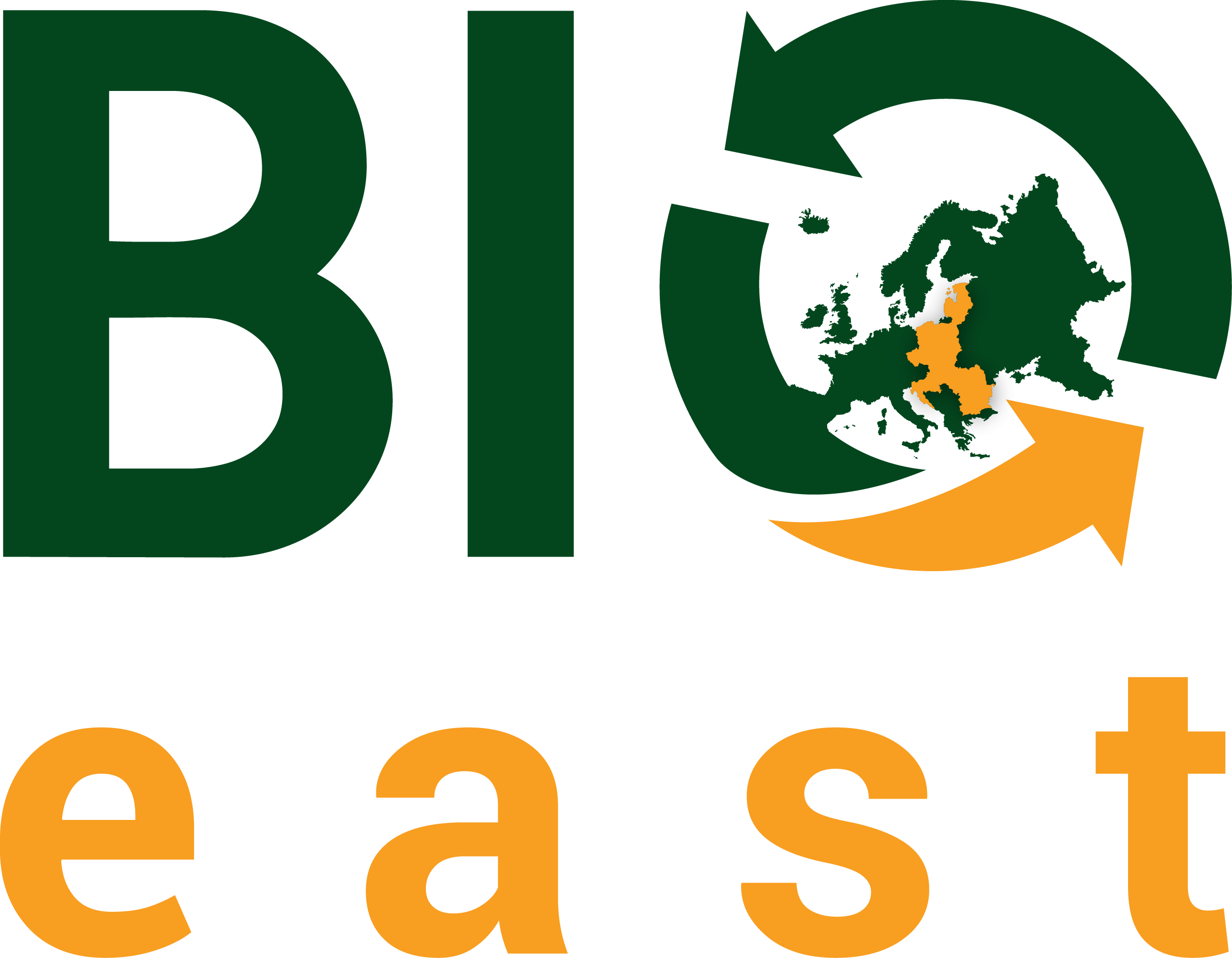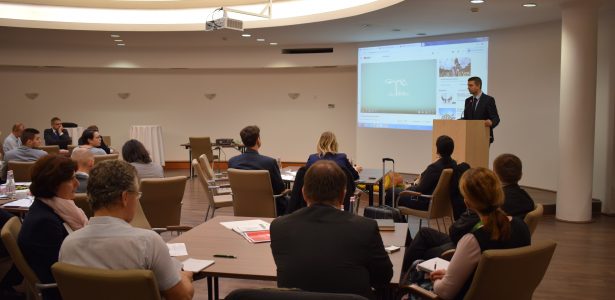A (successful) Bioeconomy strategy development requires an inter-ministerial cooperation – BIOEAST Ad-Hoc Inter-Ministerial Groups were established in already eight BIOEAST countries.
By March 2020 the latest BIOEAST Ad-Hoc Inter-Ministerial Groups should be established in 11 countries with the support of the BIOEASsUP project. The main function of the BAIMGs is to create dialogue between the ministries that are responsible for the development and implementation of the national bioeconomy strategies and their key stakeholders. BAIMGs offers the opportunity to lead the strategy development process, to analyse key national priorities related to bioeconomy and to identify synergies between national and EU funds.
The task of setting up BAIMGs began with the start of the project, in October 2019. Since then 8 member countries (Latvia, Estonia, Bulgaria, Czech Republic, Lithuania, Slovenia, Hungary, Croatia) have set up their respective BAIMGs and started thematic work. Organization of BAIMGs was preceded by extensive preparatory work in all countries, having regard to the need to identify appropriate officers in the relevant ministries for the task. For most countries, BAIMGs were initiated by the Ministry of Agriculture with the involvement of the Ministry of Rural Affairs, the Ministry of Research and Education, the Ministry of the Environment and the Ministry of Economic Affairs. Formally, BAIMGs are composed of high-level policy leaders for political support of strategy-making processes. However, permanent membership of BAIMGs consist of operational officers as experts from the Ministries complemented when necessary with civil society actors, industrial stakeholders, researchers, and advisors. The first BAIMG meetings were organized in Hungary, Croatia, the Czech Republic primarily to identify major strategic priorities, activities, and sources of funding, knowledge exchange on the bioeconomy and circular economy information basis.
However, some of the BIOEAST countries are ahead of the strategy-making process, meaning that consultation between ministries and actors has begun earlier. Latvia has already developed its Bioeconomy Strategy in 2018, but an action plan about its implementation still needs to be prepared. Estonia and Lithuania have initiated internal negotiations on national bioeconomy strategies, while other countries strive to make decisions and visions on the establishment of national stakeholder groups to support the national BAIMGs with knowledge and inputs.
The coordination task of the BAIMGs within the BIOEASTsUP project is led by the Polish IUNG – Institute of Soil Science and Plant Cultivation. The BAIMG task is co-managed by the Agency for Renewable Resources Germany. FNR is a project management organisation of the German Federal Ministry of Food and Agriculture (BMEL) and actively contributing to the processes related to the programme development of national European bioeconomy research and participates in various expert groups on the national and international level (e.g. SCAR Bioeconomy). Therefore, their experience is channeled into the strategy development process of the BIOEAST countries. The BAIMGs within the BIOEASsUP project ensure that member countries share their experience, exchange good practices and work together on the development of the entire BIOEAST region.
This project has received funding from the European Union’s Horizon 2020 research and innovation programme under Grant Agreement No 862699.

